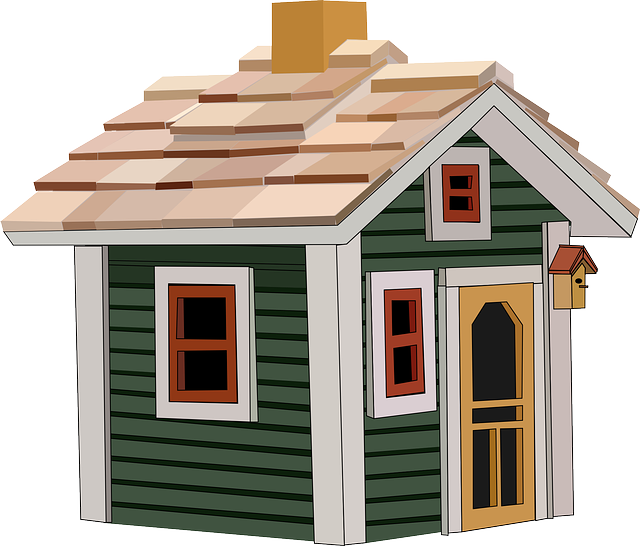House sitting is an integral aspect of home care services, providing a blend of supervision and companionship for individuals residing in their own homes. It involves a trained professional temporarily living in the client's residence to manage daily tasks, assist with personal care, and maintain safety and well-being. This service is particularly beneficial for seniors and those recovering from illness, helping them keep up with routines and household responsibilities. House sitters handle various chores like meal prep, cleaning, laundry, and medication reminders, supporting clients to age in place with grace and autonomy. Beyond these practical duties, house sitters foster a homely atmosphere, offer companionship, and give families peace of mind about their loved ones' care and security. House sitting also safeguards properties against break-ins and maintenance issues, acting as a deterrent for intruders and preventing potential emergencies by monitoring the home environment. The right house sitter, after a rigorous vetting process including background checks and reference verification, becomes an indispensable guardian of both the property and its inhabitants' welfare. This service ensures that homes are maintained and cared for in the absence of their owners, offering a crucial human connection and a sense of security. By aligning a house sitter's schedule with your absence and ensuring clear communication and emergency protocols, you can trust that your home is in capable hands, allowing you to travel with confidence. House sitting thus bridges the gap between independence and support for homeowners, making it an essential service for maintaining property integrity and personal peace of mind.
Explore the multifaceted role of house sitting within professional home care services, an arrangement that offers numerous advantages for elderly individuals and those absent from their homes. This article delves into the significance of entrusting your residence to a dedicated house sitter, highlighting key considerations for choosing the right guardian for your home. From maintaining a lived-in appearance to safeguarding valuables and ensuring home maintenance, house sitting is a pivotal aspect of comprehensive home care solutions. Understand its benefits and make an informed decision to keep your home secure and well-managed in your absence.
- Understanding the Role of House Sitting in Professional Home Care Services
- The Benefits of Engaging House Sitting for Elderly and Absentee Homeowners
- Essential Considerations When Selecting a Trusted House Sitter for Your Home
Understanding the Role of House Sitting in Professional Home Care Services

House sitting plays a pivotal role within the spectrum of professional home care services, offering a unique blend of oversight and companionship for individuals who require assistance while residing in their own homes. This service involves a trained professional temporarily living in a client’s home to manage day-to-day tasks, provide support with personal care activities, and ensure the safety and well-being of the resident. For seniors or those recuperating from an illness, consistent presence is key to maintaining routine and managing household responsibilities effectively. House sitters often assist with meal preparation, light cleaning, laundry, and medication reminders, allowing clients to age in place with dignity and independence. Furthermore, the role extends beyond practical duties; it encompasses a profound commitment to fostering a comfortable environment, offering companionship, and providing peace of mind for families who may be concerned about their loved ones’ daily care and safety. By seamlessly integrating into the client’s home, house sitters can address the needs of those who value familiarity and continuity in their living arrangements, making house sitting an integral aspect of comprehensive home care solutions.
The Benefits of Engaging House Sitting for Elderly and Absentee Homeowners

Engaging in house sitting for elderly individuals and absentee homeowners can offer a multitude of advantages, particularly when it comes to maintaining the integrity and security of their homes. House sitting, as a service, provides a consistent presence that deters potential break-ins, safeguarding the valuable possessions and personal keepsakes within the dwelling. This vigilant oversight is invaluable for elderly homeowners who may live alone or those who have relatives living away, ensuring their property remains safe from intruders while they reside elsewhere or during their absence. Furthermore, house sitting ensures that routine maintenance tasks are attended to, such as watering plants, collecting mail, and monitoring heating or cooling systems to prevent issues like frozen pipes or overheating electronics. This proactive approach to home care can preserve the condition of the home and its contents, minimizing the risk of costly repairs due to neglect. The presence of a house sitter can also provide peace of mind, as it offers a human connection; in cases where the elderly may need assistance or have an emergency, the sitter can respond promptly, enhancing the overall well-being and safety of the homeowner.
Essential Considerations When Selecting a Trusted House Sitter for Your Home

When entrusting the care of your home to a house sitter, several key factors should be at the forefront of your decision-making process. It’s not just about finding someone willing to reside in your dwelling while you are away; it’s about ensuring your property, valuables, and pets are well looked after. Begin by conducting a thorough background check on potential sitters. This due diligence can include verifying their identity, references, and any past experience they may have had with house sitting. Trust is paramount in this arrangement; opt for a sitter who has a proven track record of reliability and responsible behavior.
Moreover, consider the specific needs of your home. If you have pets or plants that require special care, ensure the candidate is comfortable and experienced with these responsibilities. Discuss their expectations regarding maintenance tasks such as mail collection, lawn upkeep, or security measures. Communication is also a critical aspect; agree on how often they should report on the state of your home and establish clear guidelines for emergency situations. Lastly, make sure the house sitter’s schedule aligns with your absence periods, ensuring that their stay is both convenient for you and unobtrusive for your neighbors. By carefully evaluating these considerations, you can select a trusted house sitter who will treat your home as if it were their own, offering peace of mind during your absence.
In conclusion, professional home care extends beyond mere medical or companion care; it encompasses the vital role of house sitting, a service that offers peace of mind for elderly individuals and absentee homeowners alike. The benefits of having a trusted house sitter are manifold, from maintaining household routines to safeguarding one’s property. When selecting such a person, it is imperative to conduct thorough vetting, ensuring the individual is adept at managing responsibilities while you are away. House sitting, a facet of home care services, plays a pivotal role in this ecosystem, offering a seamless integration of personal and property oversight. For those considering these services, remember that the right house sitter can be your best ally in preserving the comfort and security of your home.
